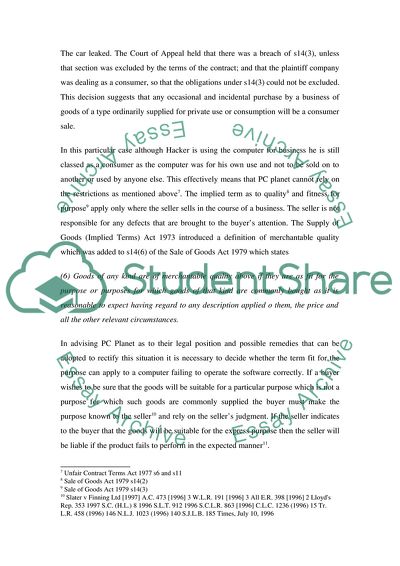Cite this document
(LLB Civil Obligations: Exclusion Clauses Case Study, n.d.)
LLB Civil Obligations: Exclusion Clauses Case Study. https://studentshare.org/law/1706084-llb-civil-obligations-exclusion-clauses
LLB Civil Obligations: Exclusion Clauses Case Study. https://studentshare.org/law/1706084-llb-civil-obligations-exclusion-clauses
(LLB Civil Obligations: Exclusion Clauses Case Study)
LLB Civil Obligations: Exclusion Clauses Case Study. https://studentshare.org/law/1706084-llb-civil-obligations-exclusion-clauses.
LLB Civil Obligations: Exclusion Clauses Case Study. https://studentshare.org/law/1706084-llb-civil-obligations-exclusion-clauses.
“LLB Civil Obligations: Exclusion Clauses Case Study”. https://studentshare.org/law/1706084-llb-civil-obligations-exclusion-clauses.


